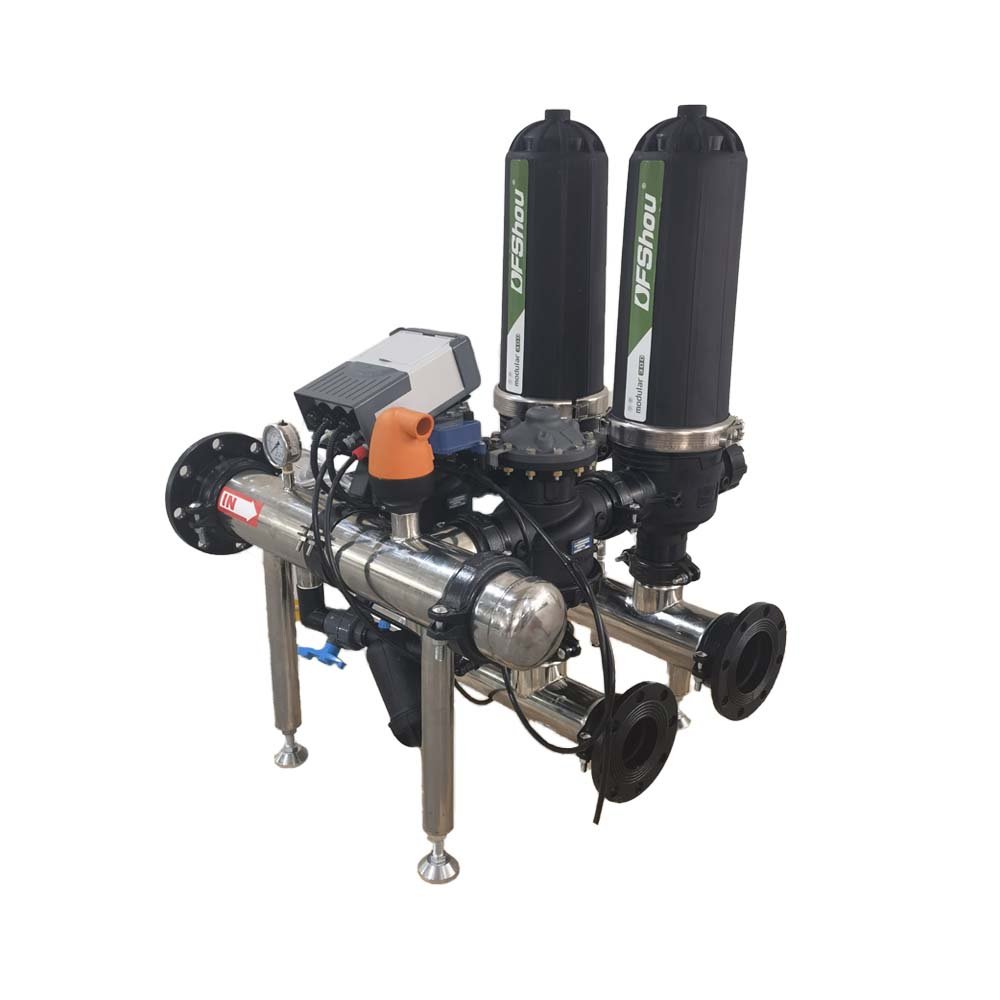Most people don’t know that filters require regular cleaning to maintain their effectiveness.
Learn why cleaning irrigation filters regularly is crucial to keep them functioning optimally. Read on to discover tips to make the process hassle-free.
Irrigation filters are essential components of any irrigation system as they prevent debris, sediment, and other particles from clogging and damaging the sprinklers, emitters, and valves. Over time, these filters can become clogged and less effective in preventing impurities from entering the system. To avoid such situations, regular cleaning of irrigation filters is necessary to maintain their effectiveness. We will discuss the importance of cleaning irrigation filters and provide tips to make the process hassle-free.
Why is Regular Cleaning of Irrigation Filters Important?
Irrigation filters protect the irrigation system from harmful debris and sediment that can cause damage to the sprinklers, emitters, and valves. When these filters become clogged, they restrict the flow of water, causing the system to operate less efficiently. A clogged filter can also lead to pressure drops and uneven water distribution, resulting in dry spots or overwatering.
Cleaning irrigation filters regularly is important to keep the system functioning optimally. It helps to remove any accumulated debris and sediment, prevent clogging, and maintain the proper water pressure and distribution. Regular cleaning can also extend the life of the irrigation system, saving money on repairs and replacements in the long run.
Tips for Cleaning Irrigation Filters
Cleaning irrigation filters can be a daunting task, especially if you are not familiar with the process. Here are some tips to make the process hassle-free:
- Schedule Regular Cleanings: Set a schedule for cleaning the filters based on the type of filter and the level of usage. For example, disc filters require more frequent cleaning than screen filters.
- Turn off the Water: Before starting the cleaning process, turn off the water to the irrigation system to prevent water from flowing while cleaning the filters.
- Remove the Filter: Depending on the type of filter, remove the housing or unscrew the filter cap to access the filter. Carefully remove the filter, taking note of its orientation.
- Clean the Filter: Rinse the filter with clean water to remove any debris or sediment. Use a soft brush to scrub away any stubborn buildup.
- Reassemble the Filter: Once the filter is clean, reassemble the housing or filter cap, and reinsert the filter. Make sure the filter is installed correctly, and the housing or cap is securely tightened.
FAQs:
Q: How often should I clean my irrigation filters?
A: The frequency of cleaning depends on the type of filter and the level of usage. As a general rule, disc filters require more frequent cleaning than screen filters. Consult the manufacturer’s instructions or a professional irrigation contractor for guidance on cleaning frequency.
Q: Can I clean my irrigation filters without removing them?
A: No, it is necessary to remove the filters for proper cleaning. Attempting to clean the filters without removing them can cause damage and result in ineffective cleaning.
Q: Can I clean my irrigation filters with chemicals?
A: No, chemicals can damage the filter media and reduce their effectiveness. Use only clean water and a soft brush to clean the filters.
Conclusion:
Irrigation filters are crucial components of any irrigation system. Regular cleaning of these filters is necessary to maintain their effectiveness and keep the system operating optimally. Cleaning irrigation filters may seem like a daunting task, but with the tips provided in this blog post, the process can be hassle-free. Remember to schedule regular cleanings, turn off the water, remove the filter, clean it with clean water and a soft brush, and reassemble the filter properly. By following these tips, you can ensure that your irrigation system is protected from harmful debris and sediment and that the proper water pressure and distribution are maintained.
In conclusion, regular cleaning of irrigation filters is essential to maintain their effectiveness and prevent clogging. Cleaning the filters can be a simple and hassle-free process if done correctly. By following the tips provided in this blog post and consulting a professional irrigation contractor when necessary, you can ensure that your irrigation system operates efficiently and effectively for years to come.



